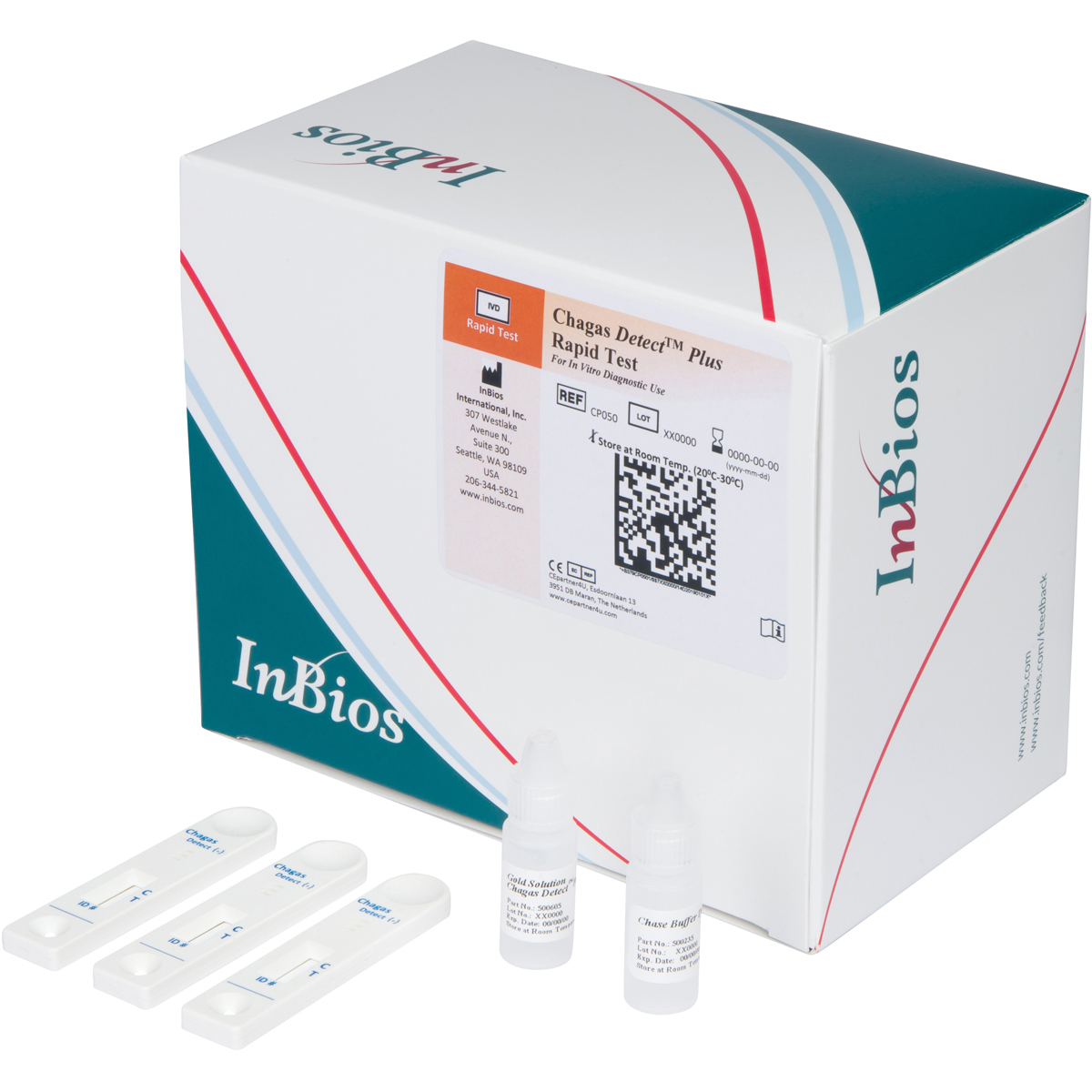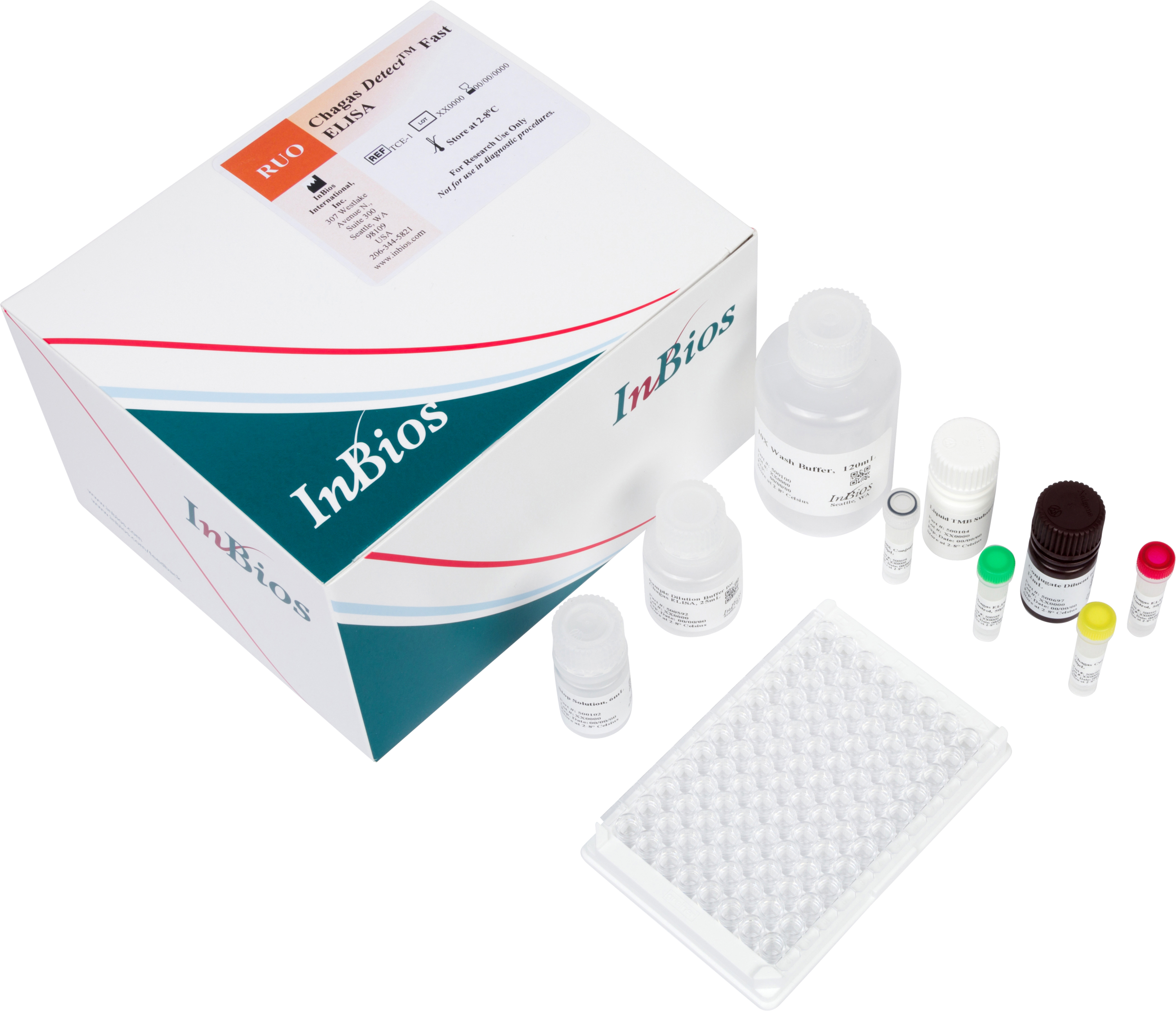
What is Chagas Disease?
Chagas disease, also known as American trypanosomiasis, is a potentially life-threatening illness caused by the protozoan parasite Trypanosoma cruzi. The parasite is primarily transmitted by the bite of Triatomine bugs, also known as “kissing bugs,” and can infect people as well as animals. Other forms of transmission include oral (food-borne), during pregnancy or birth (congenital), through blood/blood products or organ transplantation. Chagas disease has an acute phase and chronic phase. The acute phase, lasting weeks or months, often has mild or no symptoms, while the chronic phase, which can develop years later, can cause serious heart and digestive problems. Up to a third of people with chronic infection develop serious cardiac issues, often decades after infection.
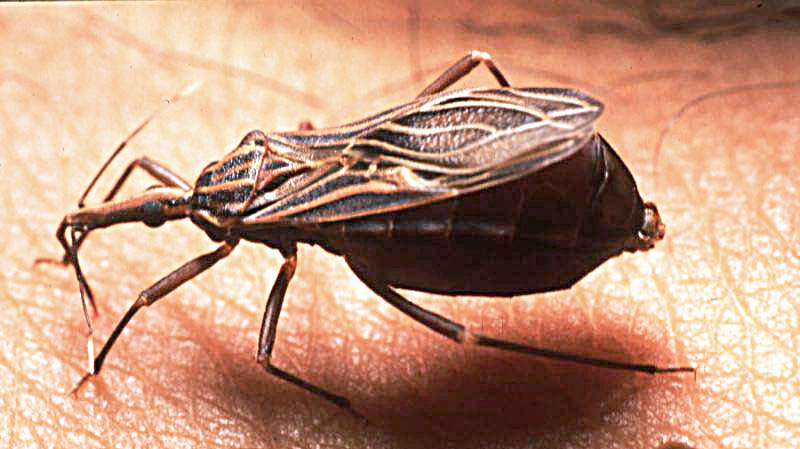
Epidemiology
About 6–7 million people worldwide are estimated to be infected with T. cruzi, with 30,000 new cases and 10,000-20,000 death each year. Today, approximately 75 million people globally are considered at risk of infection. Found mainly in rural areas of Mexico and Central and South America, Chagas disease has expanded to non-endemic regions due to migration of people from endemic areas to urban areas and other countries as well as transmission occurs through blood transfusion or congenital transmission, affecting thousands of people. Barriers in access to early diagnosis and treatment of both acute and chronic infection and their complications have led to an increasing disease burden outside of Latin America. The Pan American Health Organization (PAHO) estimates less than 10% of those infected with Chagas disease each year receive timely diagnosis and, therefore, effective treatment.
Global Prevalence of Chagas Disease, 2023
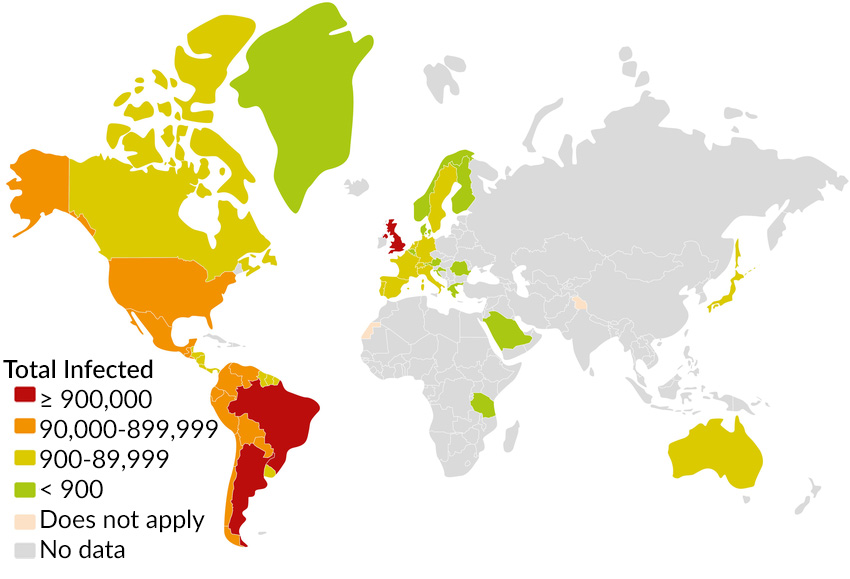
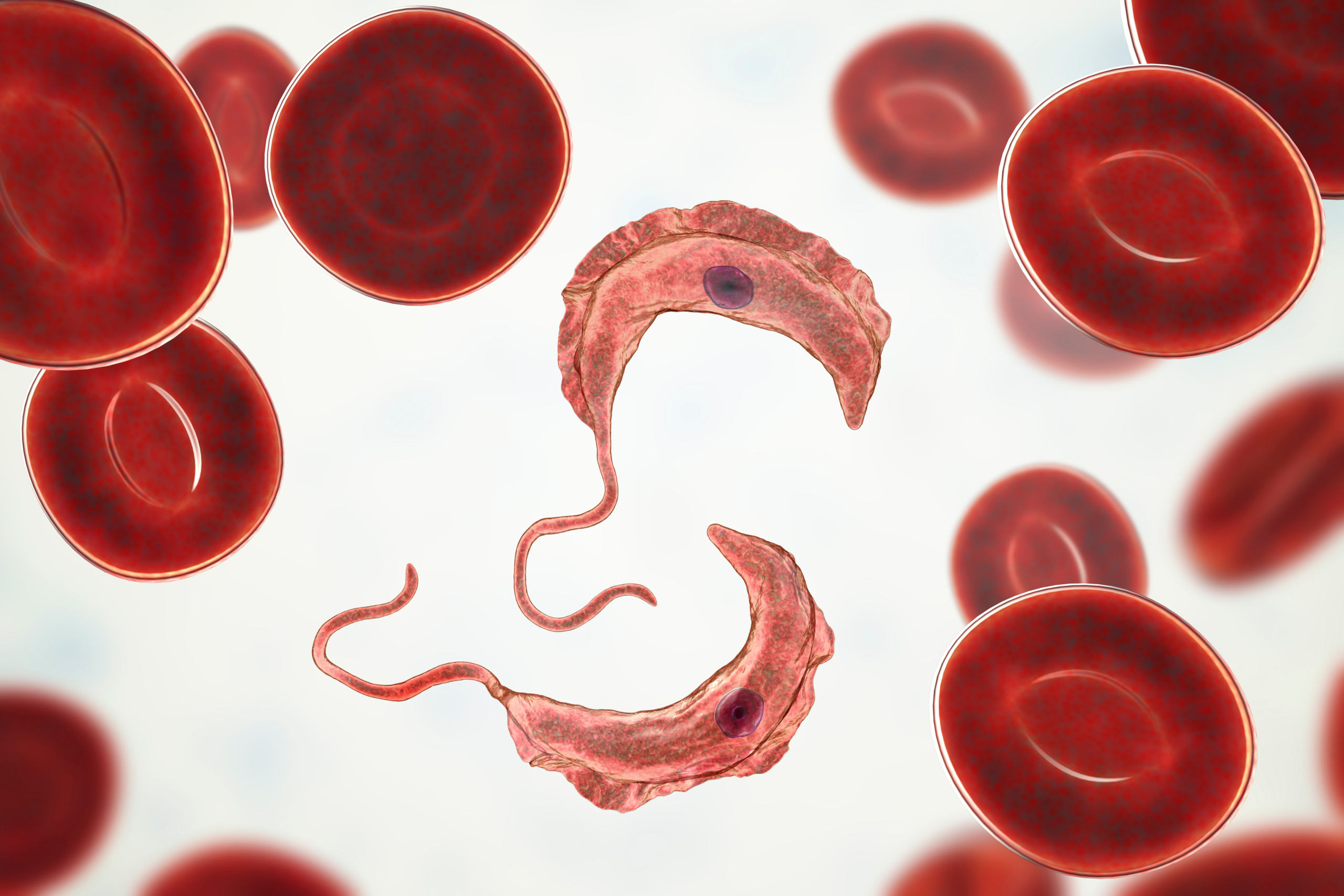
Diagnosing Chagas
Diagnosis and treatment of Chagas disease are often challenging as many infected people remain asymptomatic. Acute Chagas disease can be identified by spotting parasites in blood using microscopy. For chronic Chagas disease, healthcare providers detect antibodies against the parasite using serologic tests such as an ELISA. Rapid tests for Chagas disease are valuable for screening and surveillance but should be used in conjunction with other serological tests for confirmation. There are also tests for screening blood donations for specific antibodies against the T. cruzi parasite. In the US, populations recommended to be screened for Chagas disease include those born in or who lived for at least six months in an endemic country of continental Latin America.
Products
InBios is a leader in developing Chagas disease diagnostics, including an FDA cleared & CE Marked rapid test, to meet increasing needs. Explore our product line below, or contact our sales team for more information.
In the Pipeline
InBios is developing fast ELISAs for the qualitative detection of lgG and IgM antibodies to T. cruzi, respectively, with results in less than 2 hours. InBios’ IgG ELISA was evaluated independently and demonstrated promising results. See study here.
Chagas News Alerts
- ‘The Kissing Bug’ And The Story Of A Neglected Disease – Jan 9, 2026
- Study Finds Rise in Chagas-Carrying Bugs Near U.S.-Mexico Border – Jan 8, 2026
- Deadly disease that can damage the heart for years with no symptoms is spreading in the US – Dec 1, 2025
- Chagas Disease Burden Rising in Migrant Populations – Nov 9, 2025

